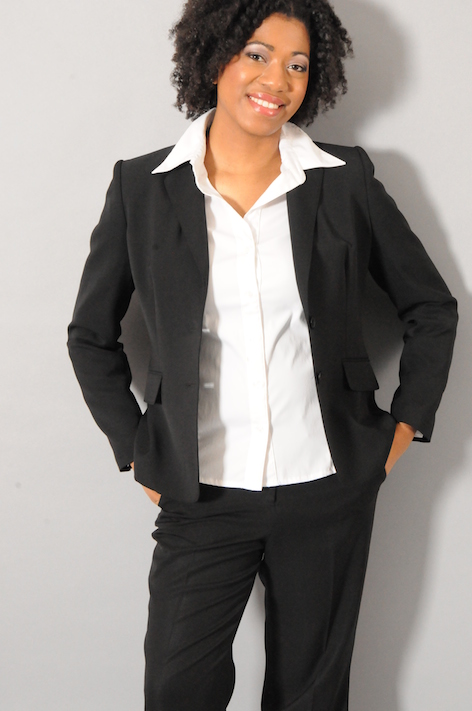Marilyn Waite, Clare Hall, 2007 -08
Marilyn Waite’s vision is a world where sustainability values of social cohesion, environmental consciousness, intergenerational equity, and economic health drive decision-making and business practices. A multi-lingual engineer, project manager, entrepreneur, and author, she has experience across four continents in mobile application development and marketing (Quadruple Sustainability Travel App), renewable and nuclear energy (AREVA), education (Kaplan and Shanghai Normal University), economic development (United Nations in Madagascar), and public policy (U.S. National Academy of Sciences). She served on the Science, Technology and Economic Policy Board as a Fellow with the U.S. National Academy of Sciences. Marilyn holds a Master’s Degree with distinction in Engineering for Sustainable Development from the University of Cambridge and a Bachelor’s of Science Degree in Civil and Environmental Engineering (magna cum laude) from Princeton University. Marilyn is founder and leader of the Green Economy Initiative (GEI) at the Professional Women’s Network and is a Member of the Board of Directors of Engineers for a Sustainable World.
Dissertation title:
Title: Sustainable textiles: the role of bamboo and a comparison of bamboo textile properties
Students report:
Why did you do the ESD MPhil?
I completed the ESD MPhil because I am passionate about sustainability and wanted to delve into how the principles could be applied to concrete engineering problems.
How did it help you?
The ESD MPhil gave me the opportunity to explore a completely different topic (bamboo fibers), develop an international network of peers, and obtain a deep understanding of sustainable development.
What are you doing now?
Many things, including developing www.sustainablevisit.com. Check it out!

